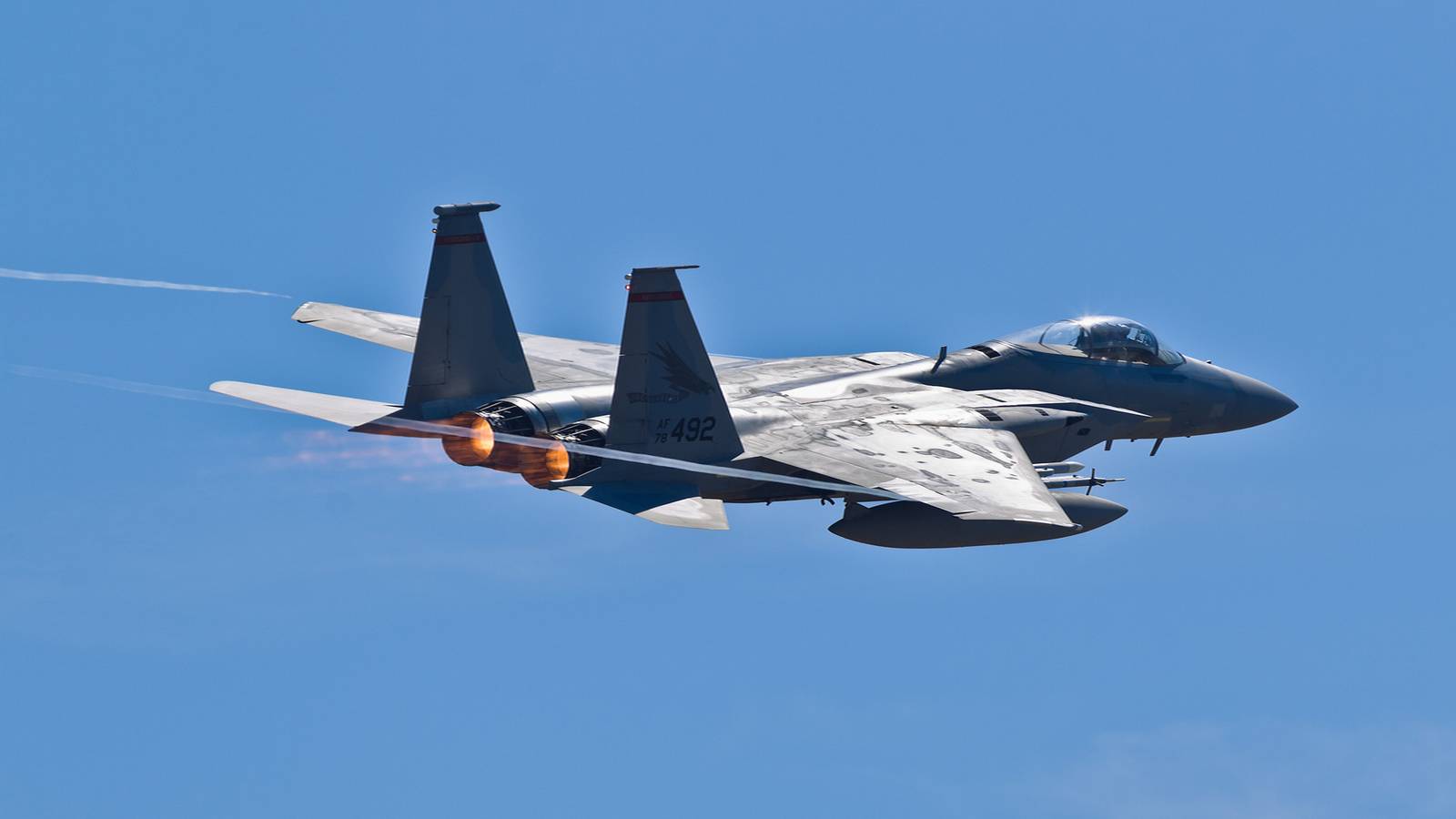Will Boeing St. Louis Workers End Their Strike After Failed Mediation?

Published: 2025-09-10 18:00:10 | Category: politics diplomacy GNEWS Search
Workers at Boeing's St. Louis facilities will continue their strike amid unsuccessful negotiations with the company regarding their contracts. The International Association of Machinists and Aerospace Workers (IAM) District 837 Union has been on strike for over five weeks, with union leaders expressing frustration over what they perceive as unproductive discussions with Boeing management.
Last updated: 16 October 2023 (BST)
Key Takeaways
- The strike has lasted over five weeks, affecting around 3,200 workers.
- Boeing is seeking to hire permanent replacement workers amid the ongoing industrial action.
- Negotiations have failed to yield a new contract agreement after several offers were rejected by the union.
- Union representatives have accused Boeing of not engaging seriously in negotiations.
- The strike impacts the production of military aircraft and munitions in St. Louis.
Background on the Strike
The strike began on 4 August 2023, when members of the IAM District 837 Union walked off the job in response to Boeing's contract proposals, which they deemed inadequate. The workers involved are critical to the production of military aircraft, including the F-15 and F/A-18, as well as components for the Boeing 777X. The industrial action has prompted Boeing to implement contingency plans to maintain production levels.
Failed Negotiations
Negotiations between Boeing and the IAM have been ongoing for several months, with a significant meeting held on 9 September 2023. This session included a federal mediator, Glen Reed, but ended after four hours without any progress. Both parties reportedly left the meeting with the impression that the other was unwilling to compromise. Union President Tom Boelling described the discussions as “a waste of time,” and accused Boeing of lacking seriousness in their approach.
Boeing's Position
Boeing's Defence Vice President, Dan Gillian, has stated that the union's demands for "more of everything" were neither feasible nor constructive. The company believes that the strike has disrupted production timelines, raising concerns about their ability to meet customer demands. As a response, Boeing is now focusing on hiring permanent replacement workers for the striking employees.
The Contingency Plan
Boeing's contingency plan involves hiring permanent workers to fill the roles of those striking at three defence facilities in St. Louis. The company has begun advertising these positions, with a job fair scheduled for 16 September 2023. Although these new hires would be non-union, they will serve to ensure that Boeing remains operational and competitive in fulfilling military contracts. Boelling has indicated that the IAM cannot legally intervene in the hiring of replacement workers, as the union's contract had expired on 27 July 2023.
Union's Response and Future Implications
The IAM has expressed its determination to continue striking until an agreement that meets workers' needs is reached. Recent communications from IAM officials suggest that they feel the offers presented by Boeing do not align with the aspirations and expectations of the workforce. As the union continues its industrial action, the potential for increased tensions between the two parties remains high, particularly with the recruitment of permanent replacement workers.
Previous Contract Offers
Boeing's final offer, extended on 22 July, included provisions for increased wages, additional time off, and a faster path to maximum pay. Despite being labelled by the company as the “richest deal ever offered” to St. Louis workers, the proposal was overwhelmingly rejected by the union members. The subsequent offer made on 31 July also met with rejection, resulting in the current strike.
The Stalemate
As both Boeing and the IAM remain entrenched in their positions, a resolution appears distant. The striking workers are united in their objective to secure a contract that adequately reflects their contributions and sacrifices, with senior IAM officials joining them on the picket line to show solidarity. The union has emphasised that their resolve to achieve a fair agreement will not waver, regardless of Boeing’s attempts to hire replacements.
What Happens Next?
Looking ahead, the timeline for ending the strike remains uncertain. Both sides have much to gain from reaching a consensus, but current negotiations suggest that significant gaps remain. Boeing's strategy to hire permanent replacements could complicate resolution efforts and may lead to long-term changes in the workforce structure.
Conclusion
The ongoing strike at Boeing's St. Louis facilities highlights the challenges and complexities of labour negotiations in the aerospace sector. As both parties navigate this difficult period, the outcome will have far-reaching implications for the workers involved, Boeing’s operational capabilities, and the broader defence industry. The situation calls for careful observation as developments unfold.
FAQs
Why are Boeing workers on strike?
Boeing workers are on strike due to failed contract negotiations. They rejected Boeing's offers, which they felt did not meet their demands for better wages and working conditions.
How long has the Boeing strike been ongoing?
The strike has been ongoing for over five weeks, starting on 4 August 2023, with around 3,200 workers participating.
What is Boeing doing about the strike?
Boeing is implementing a contingency plan that includes hiring permanent replacement workers to maintain production levels at its St. Louis facilities.
What are the main demands of the striking workers?
The striking workers are demanding higher wages, more time off, and a quicker pathway to maximum pay, which they feel are essential for their wellbeing and job satisfaction.
What impact does the strike have on Boeing's production?
The strike has slowed down the production of key military aircraft and components, affecting Boeing's ability to meet contracts and customer demands.
What is the role of the IAM in the negotiations?
The IAM represents the striking workers in negotiations with Boeing, advocating for better terms and conditions in their contracts on their behalf.
As Boeing and the IAM navigate this complex situation, the outcome of the negotiations will ultimately shape the future of the workforce and the company’s operations in St. Louis. The tension between the need for production and the demands of the workers will continue to be a focal point in the coming days. #BoeingStrike #IAMUnion #AerospaceIndustry


